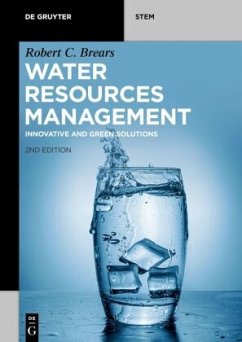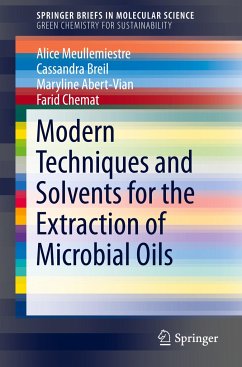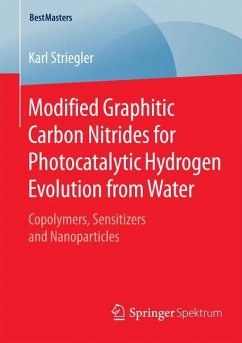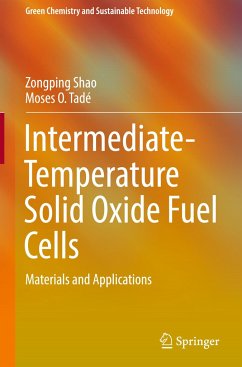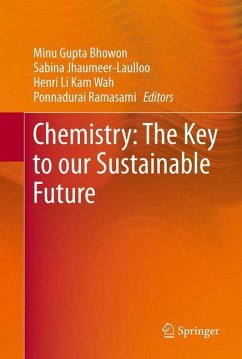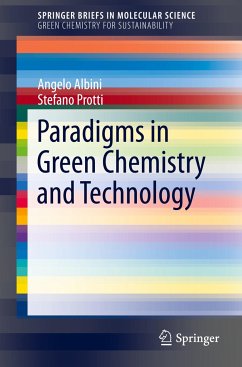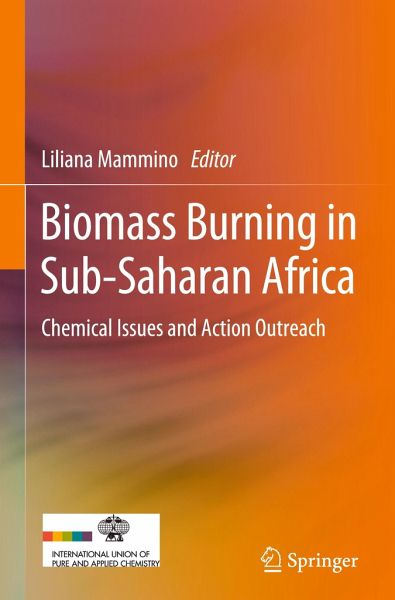
Biomass Burning in Sub-Saharan Africa
Chemical Issues and Action Outreach
Herausgegeben: Mammino, Liliana

PAYBACK Punkte
38 °P sammeln!
This book offers a comprehensive overview of the various aspects involved in biomass burning, highlighting the complexity of the phenomenon and the ensuing challenges for the design of approaches aimed at reducing fires in the open air.Chemical issues are discussed in the first 7 chapters, providing the core of the scientific and technical information. In the then following chapters, experts in the human sciences provide information on people's attitudes and perceptions. Both types of expertise are needed in the design of interventions that can motivate people and communities to opt for sustai...
This book offers a comprehensive overview of the various aspects involved in biomass burning, highlighting the complexity of the phenomenon and the ensuing challenges for the design of approaches aimed at reducing fires in the open air.
Chemical issues are discussed in the first 7 chapters, providing the core of the scientific and technical information. In the then following chapters, experts in the human sciences provide information on people's attitudes and perceptions. Both types of expertise are needed in the design of interventions that can motivate people and communities to opt for sustainable practices.
In closing, the book underscores the importance of pursuing an interdisciplinary approach in order to tackle the problem effectively. It offers a valuable resource for undergraduates, graduates, and policymakers working in the fields of chemistry, environmental science, science education and sustainability.
Chemical issues are discussed in the first 7 chapters, providing the core of the scientific and technical information. In the then following chapters, experts in the human sciences provide information on people's attitudes and perceptions. Both types of expertise are needed in the design of interventions that can motivate people and communities to opt for sustainable practices.
In closing, the book underscores the importance of pursuing an interdisciplinary approach in order to tackle the problem effectively. It offers a valuable resource for undergraduates, graduates, and policymakers working in the fields of chemistry, environmental science, science education and sustainability.



